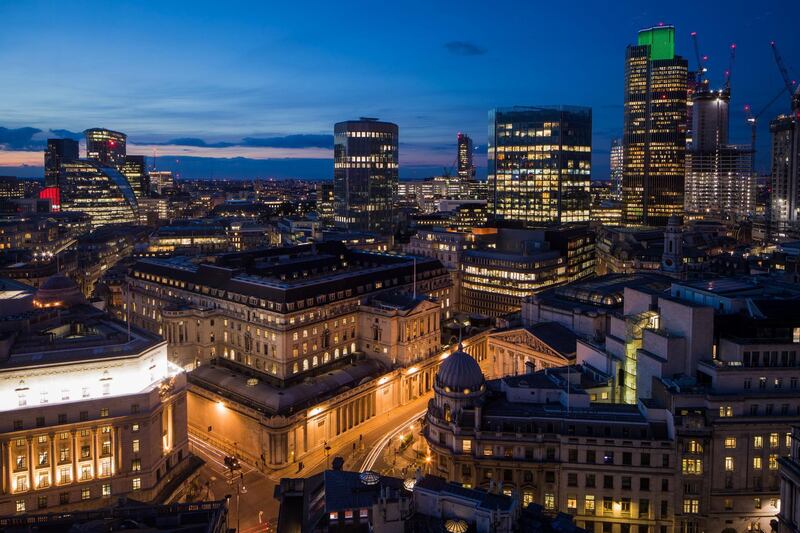Overseas millionaires seeking to live in the UK face new restrictions for its ‘golden visa’ scheme as part of measures to tackle dirty money.
The scheme, introduced in 2008, allows foreign nationals to invest £2 million in the UK in return for a visa of up to five years. They can apply to settle after two years if they invest more than £10 million.
Campaigners say the scheme has operated as a gateway for corrupt cash into the UK. Crooks and the corrupt have used London’s highly-developed financial services to launder money while enjoying high-rolling lifestyles in one of the world’s most popular capitals.
The UK scheme is one of 13 lightly-regulated schemes operated by EU member states that have led to 100,000 new residents and more than 6,000 new citizens, according to anti-corruption campaigners Transparency International.
The group said the UK’s golden visa scheme has been the fourth most lucrative, netting the UK some €498 million. Spain has earned nearly double that. Cyprus, which has been criticised for selling citizenship, has netted nearly €5bn.
Now we need to see similar action across the continent. @nfhirst @Ava_L_ @TI_EU @anticorruption have highlighted similar risks in investor visa schemes across Europe. More on that here: https://t.co/Plvu5DUNDn
— Rachel Davies Teka (@rachelcerysd) December 6, 2018
The UK’s interior ministry said the programme would be suspended from midnight on Friday until more stringent measures have been put in place.
"The UK will always be open to legitimate and genuine investors who are committed to helping our economy and businesses grow,” said immigration minister Caroline Nokes.
"However, I have been clear that we will not tolerate people who do not play by the rules and seek to abuse the system.”
___________________
Read more:
[ Surge in second passport applications from UAE expats ]
[ Chelsea owner Abramovich 'granted Israeli citizenship' ]
___________________
At its height in 2014, the UK issued more than 1,000 visas. Last year, there were more than 350 with the highest number, 115, given to Chinese investors. The next largest group were from Russia, with 38 successful applications.
Critics have pointed out that more than 90 per cent of all applications have been successful, indicating that checks were not sufficient to vet incomers. The new scheme will see external auditors vetting applications.
The former Home Secretary, Amber Rudd, said earlier this year that the cases of 700 Russians given visas before 2015 would be reviewed. Her announcement in March came amid heightened tensions between the two countries following the attempted murder of former Russian double agent Sergei Skripal.







